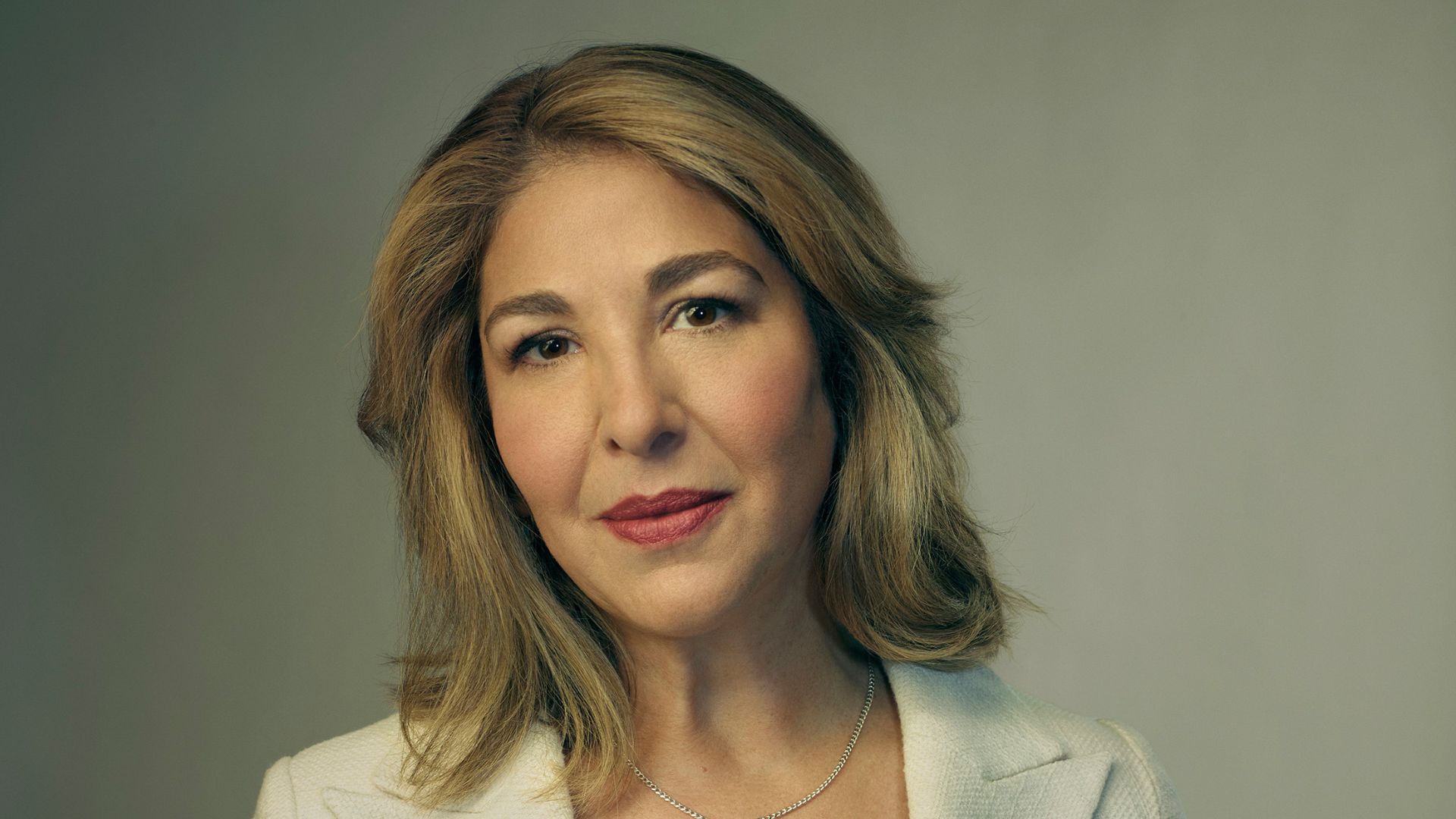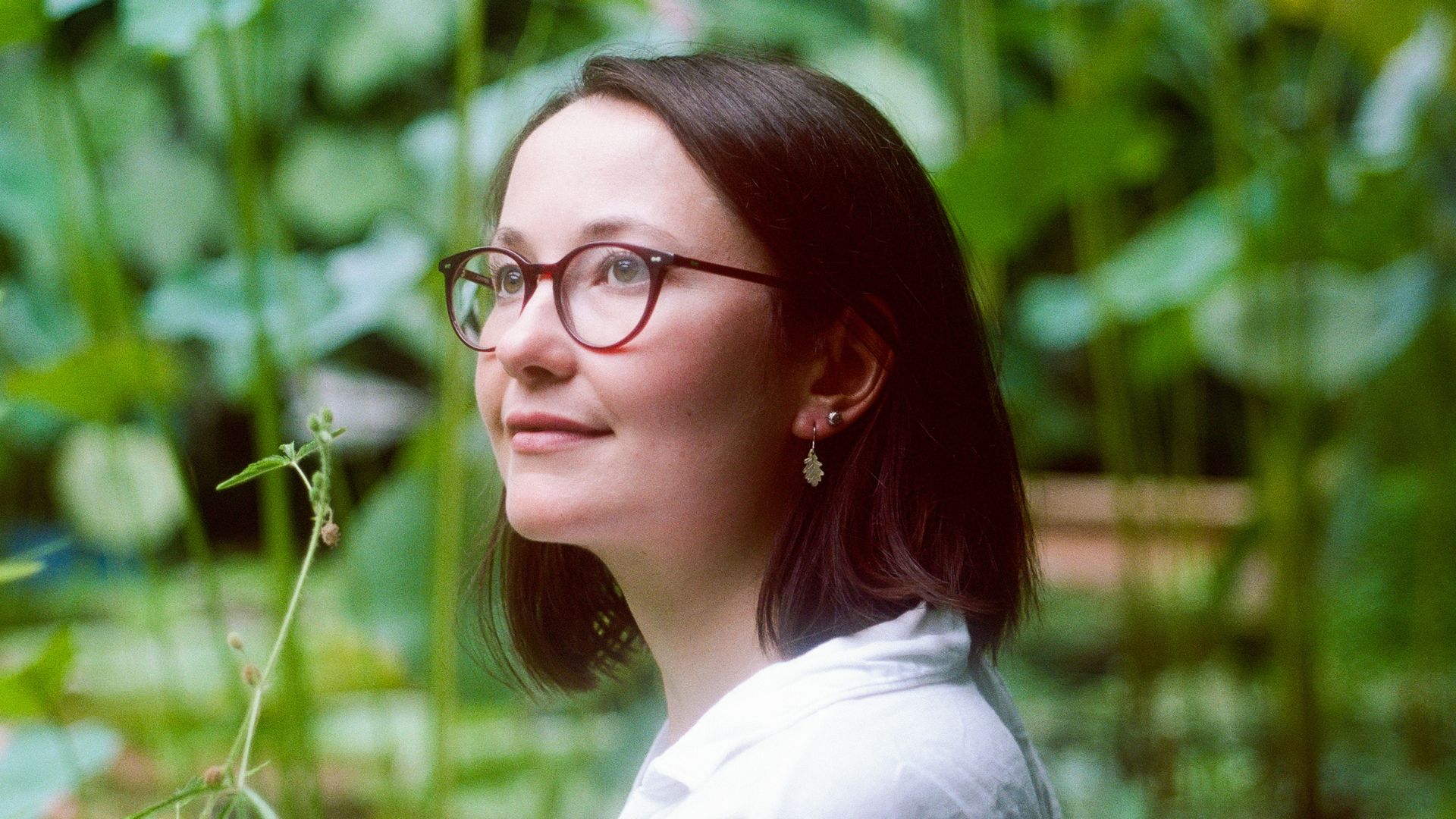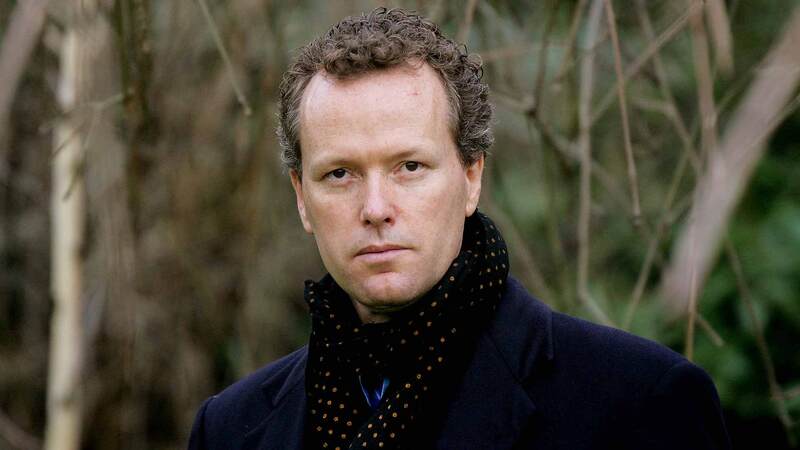You are viewing your 1 free article this month. Login to read more articles.
Naomi Klein and Madhumita Murgia on inaugural Women's Prize for Non-Fiction longlist
Naomi Klein and Madhumita Murgia, the first AI editor of the Financial Times, are both longlisted for inaugural £30,000 Women’s Prize Non-Fiction as Penguin Random House (PRH) secures nine of the 16 nominations (see full longlist below).
Across its nine nods, there are three for imprint Allen Lane, while Bloomsbury has two titles longlisted. HarperCollins, Pan Macmillan, Profile, Atlantic Books and Fitzcarraldo all have one book in the running.
Klein is recognised for Doppleganger (Allen Lane) alongside fellow bestselling author Anna Funder, nominated for Wifedom (Viking).
Across the 16-strong longlist there is a prize-winning author of fiction and non-fiction (Alice Albinia), two published poets (Cat Bohannon and Safiya Sinclair) and five journalists - trauma journalist Patricia Evangelista, Observer chief art critic Laura Cumming, Tribune staff writer Grace Blakeley, freelance writer Lucy Jones and Murgia, the first AI of the Financial Times.
British charity campaigner Marianne Brooker is also longlisted alongside American and British academics from major universities – Tiya Miles from Harvard University, Leah Redmond Chang from George Washington and Sarah Oglivie from Oxford, Noreen Masud from Bristol and Joya Chatterji of Cambridge.
In regards to nationality, there are seven British authors, three Americans, one Italian-American, one Jamaican, one Canadian, one Australian, one Indian, and one author from the Philippines.
Organisers told The Bookseller there had been 120 entries overall. They said: “The 2024 longlist features writing drawn from a wide range of disciplines, from neuroscience, biology, psychoanalysis, history and philosophy to economics, politics, AI, race, art and natural history, with several of the books combining multiple genres within one work.
“There are memoirs that will enlighten and move the reader – from life within a militant religious sect, to a pilgrimage across Britain’s flatlands; from a narrative that explores life in art and the power of a painting, to a deeply personal story that shows us the limitations of our care system.”
The full longlist is as follows:
- Alice Albinia – The Britannias: An Island Quest (Allen Lane)
- Grace Blakely – Vulture Capitalism: Corporate Crimes, Backdoor Bailouts and the Death of Freedom (Bloomsbury)
- Cat Bohannon – Eve: How The Female Body Drove 200 Million Years of Human Evolution (Hutchinson Heinemann)
- Marianne Brooker – Intervals (Fitzcarraldo Editions)
- Joya Chatterji –Shadows at Noon: The South Asian Twentieth Century (Bodley Head)
- Laura Cumming – Thunderclap: A Memoir of Art and Life and Sudden Death (Chatto & Windus)
- Patricia Evangelista – Some People Need Killing: A Memoir of Murder in the Philippines (Atlantic Books; Grove Press)
- Anna Funder – Wifedom: Mrs Orwell’s Invisible Life (Viking)
- Lucy Jones – Matrescence: On the Metamorphosis of Pregnancy, Childbirth and Motherhood (Allen Lane)
- Naomi Klein – Doppelganger: A Trip Into the Mirror World (Allen Lane)
- Noreen Masud – A Flat Place (Hamish Hamilton)
- Tiya Miles - All That She Carried: The Journey of Ashley’s Sack, a Black Family Keepsake (Profile Books)
- Sarah Ogilvie – The Dictionary People: The Unsung Heroes who Created the Oxford English Dictionary (Chatto & Windus)
- Leah Redmond Chang – Young Queens: The Intertwined Lives of Catherine de’ Medici, Elisabeth de Valois and Mary, Queen of Scots (Bloomsbury)
- Safiya Sinclair – How to Say Babylon: A Jamaican Memoir (4th Estate)
- Madhumita Murgia – Code-Dependent: Living in the Shadow of AI (Picador)
Professor Suzannah Lipscomb, chair of judges, told The Bookseller how the prize had been partly prompted by research showing there was less attention placed on non-fiction books by women. She said: “There is less review space, [women’s non-fiction is] less likely to be recognised by prizes, [it experiences] smaller advances and the gender pay gap in this has increased over the last five years.
"You can look at that research and think, ‘Well, either women don’t write as well as men’ or that something structural is going on over the last couple of millennia of men being the authority… I think for some, non-fiction is still perceived man’s game, and that fewer women have been recognised for their contribution to non fiction. So this prize is about starting to change this and about bringing attention to excellent, rigorous books by women that are really well written and saying women can still write with authority.”
Lipscomb described her experience of judging the prize as “phenomenal” and said reading the submissions had “helped me learn how to structure and how to write”. She added: “There is much here that is about challenging the status quo and about redressing wrongs and exposing hypocrisy... there were things I would not have known about and now I am so much better informed.”
She described the books in general as “genre-defining” and added: “There is a sense in which the [longlisted] authors are owning their subjectivity, many of them and not all. That feels like something about the zeitgeist, I feel like if the prize had been launched 10 years ago, this would not have been the case.
“I think there has been a tendency to put a book by a woman in a memoir category when it could also go in the smart-thinking category for example... so the genre-defining nature of these books mean that booksellers have to really reckon with how to categorise men and women’s non-fiction... That makes a difference of course because smart thinking books are more likely to be on the tables the front of the shops.”
Lipscomb has been joined on the judging panel by fair fashion campaigner Venetia La Manna, writer consultant Professor Nicola Rollock, biographer and journalist Anne Sebba and winner of the 2018 Women’s Prize for Fiction Kamila Shamsie.
The Women’s Prize for Non-Fiction, sponsored by the UK’s family tree company Findmypast, celebrates excellence, originality, rigorous research and accessibility in narrative non-fiction.
The judges will decide a shortlist of six, to be announced on 27th March. The overall prize will be awarded on 13th June at the Women’s Prize Trust’s summer party in central London. The winner will receive a cheque for £30,000 and a limited-edition artwork known as the ‘Charlotte’, both gifted by the Charlotte Aitken Trust.





















